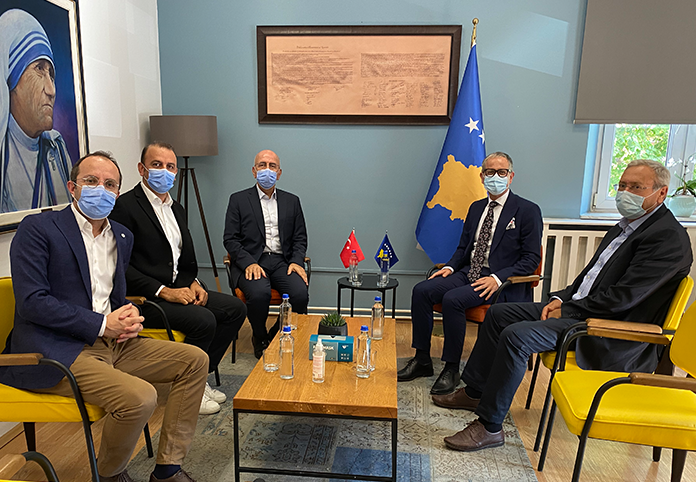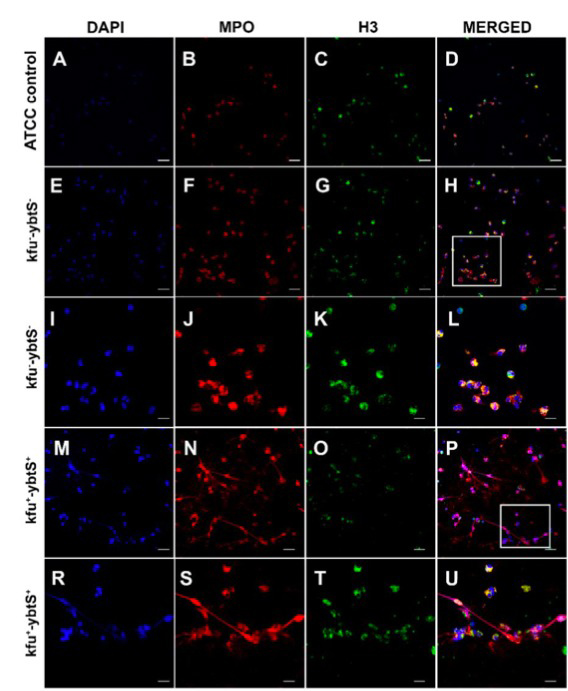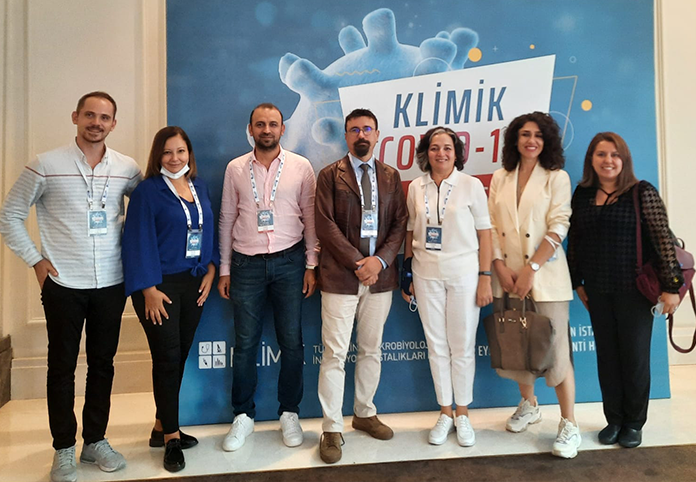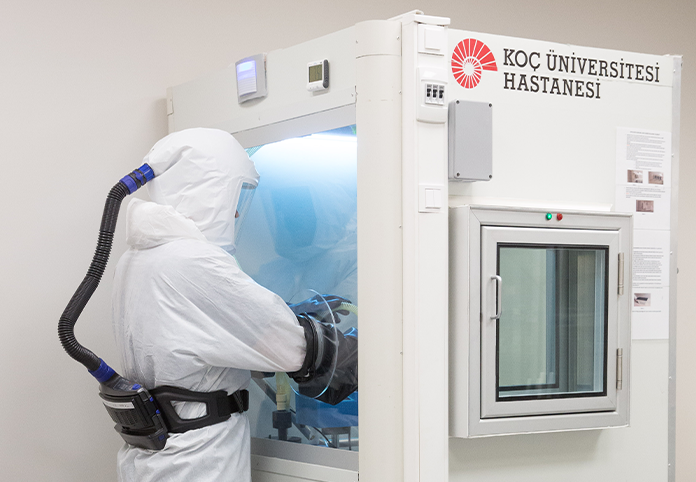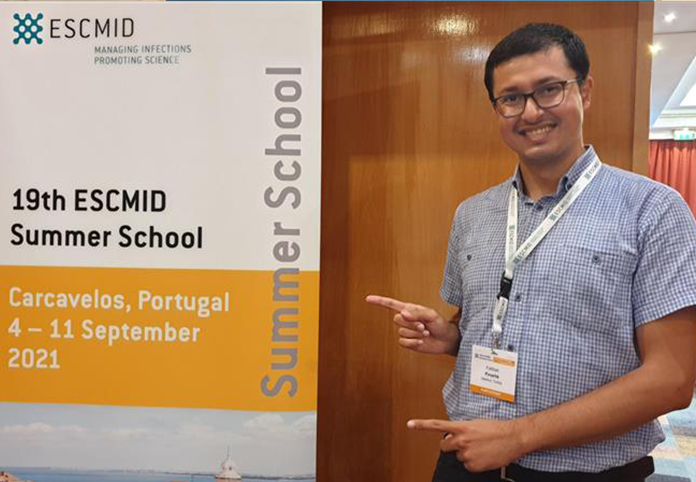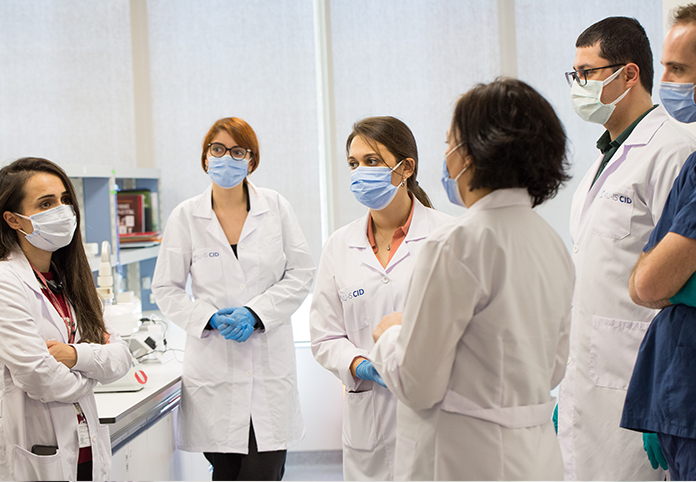|
Visit to University of Prishtina
On 15 September 2021, our director Prof. Önder Ergönül, head of American Hospital General ICU department Prof. Nahit Çakar, Associate Professor Şiran Keske from Koç University Clinical Microbiology and Infectious Diseases and internal medicine specialist Bilgin Sait from American Hospital visited Prishtina with the invitation of Kosovo Ministry of Health to discuss the latest updates on COVID-19 and plan future collaborations.
The meeting was held in person with the physicians of Prishtina University. As well as many physicians from 7 different regions of Kosovo have attended the meeting with remote connection. Participants exchanged their experiences on COVID-19 epidemiology, treatment strategies, and patient management in ICUs. Our researchers, had the opportunity to visit local inpatient services and the intensive care units, whereas possibilities of future joint research were evaluated.

